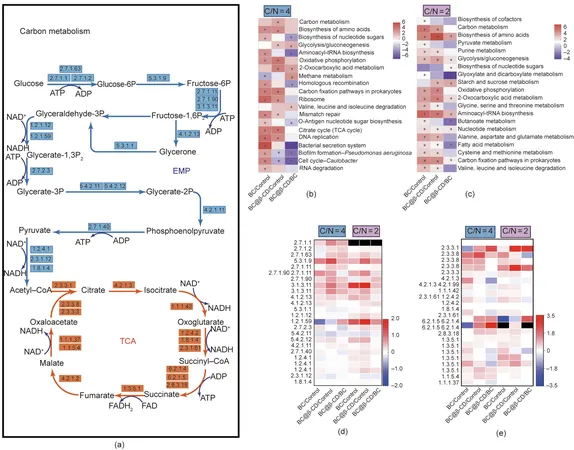
Discover the Latest Strategies for Managing Low-Volume Metastatic Renal Cell Carcinoma
2024-09-20
Discover the Latest Strategies for Managing Low-Volume Metastatic Renal Cell Carcinoma
In a recent discussion among leading oncologists, experts shared insights on the management of patients with low-volume metastatic renal cell carcinoma (mRCC) who may not require immediate treatment. A notable question arose: What proportion of such patients could be managed conservatively?
Dr. Chandler Park initiated the dialogue, querying his colleagues about the percentage of their patients with favorable-risk mRCC. Dr. Edmond Bendaly responded, sharing that only about 10% of his patients present with indolent disease at the time of diagnosis. Dr. Park echoed these findings, noting a similar rate of 5% to 10%. This highlights a critical observation in managing mRCC: while some patients might appear stable, they could still harbor micro-metastatic disease that might re-emerge later.
Dr. Melhem Jabbour shared a particularly patient-centered approach; he has been monitoring a woman with a lung metastasis for over 16 months without treatment due to her stability and confirmed biopsy results. This case illustrates that careful observation can sometimes yield positive outcomes for low-volume mRCC patients.
Interestingly, Dr. Murtuza Rampurwala recounted a fascinating case of a patient diagnosed nearly two decades ago who returned with widespread disease, ultimately responding well to nivolumab after a lengthy therapy interruption. Such cases underline the unpredictable nature of mRCC progression and the importance of individualized treatment plans.
An important topic of discussion was the use of stereotactic body radiotherapy (SBRT) in managing these patients. Several oncologists, including Dr. Mohamad K. Khasawneh, expressed support for SBRT in cases with solitary metastases, citing studies that suggest patients responding favorably post-surgery may benefit from adjunctive therapies like immunotherapy.
As treatment strategies evolve, complex decisions must often be made based on the patient’s advancements. Dr. Isoken Koko noted that if a patient initially treated with pembrolizumab develops new metastatic lesions, she would likely switch treatments due to the shift in disease status, emphasizing a tailored approach to therapy.
With new clinical trials and treatment modalities constantly emerging, the landscape of renal cell carcinoma treatment is rapidly changing, providing hope for improved outcomes. This ongoing dialogue among oncology peers showcases the collaborative effort required to navigate the complexities of treating those with low-volume mRCC effectively.


 Brasil (PT)
Brasil (PT)
 Canada (EN)
Canada (EN)
 Chile (ES)
Chile (ES)
 España (ES)
España (ES)
 France (FR)
France (FR)
 Hong Kong (EN)
Hong Kong (EN)
 Italia (IT)
Italia (IT)
 日本 (JA)
日本 (JA)
 Magyarország (HU)
Magyarország (HU)
 Norge (NO)
Norge (NO)
 Polska (PL)
Polska (PL)
 Schweiz (DE)
Schweiz (DE)
 Singapore (EN)
Singapore (EN)
 Sverige (SV)
Sverige (SV)
 Suomi (FI)
Suomi (FI)
 Türkiye (TR)
Türkiye (TR)